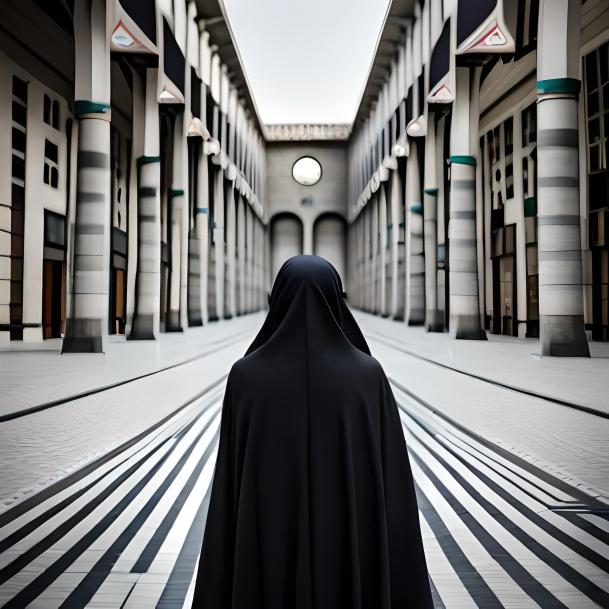The installation of cameras in public places to condemn unveiled women is a violation of human rights and personal privacy. Such actions could lead to the shaming and discrimination of women, which is unacceptable in any society. It is important for governments and societies to promote tolerance, respect, and diversity, and to protect the rights of all individuals, regardless of their gender, race, or religion.
Unveiled Women In Islam
it is also important to note that there are different interpretations and practices within Islam, and the punishment for unveiled women may vary depending on the specific context and cultural norms. “In general, Islamic law or shariah requires that women cover their bodies and hair in the presence of men who are not related to them. Failure to do so may be considered a violation of religious and social norms.” However, the specific punishment for unveiled women may vary depending on the interpretation of Islamic law and the cultural context. It is also important to note that any punishment that violates human rights and personal freedoms, such as physical harm or discrimination, is unacceptable and goes against the principles of Islam.
Veiled concept in Islam
In Islam, the concept of veiling refers to the practice of women covering their hair and body in the presence of men who are not related to them by blood or marriage. This practice is based on the belief that women’s bodies should be respected and protected, and that modesty is an important virtue in Islam. The Quran and hadith, which are the primary sources of Islamic teachings, contain several references to the importance of modesty and the obligation for both men and women to dress modestly.
The specific form of veiling, such as the use of the hijab or the niqab, may vary depending on cultural and regional practices, and there are different interpretations and opinions among Muslim scholars and communities. Some Muslim women choose to wear the veil as an expression of their religious and cultural identity, while others do not. “External forces should not impose the decision to wear the veil on women. Anyone should not use the practice of veiling to justify discrimination or abuse against women, and each individual woman should have the personal choice to decide whether to wear it or not.”
Is Women Safe In Iran
In Iran, the wearing of the hijab or headscarf is mandatory for all women in public places. The requirement to wear the hijab is based on the Islamic Republic of Iran’s interpretation of Islamic law, which requires women to dress modestly in the presence of men who are not related to them. Failure to wear the hijab or dressing “immodestly” can result in punishment, such as fines or even imprisonment. The dress code for women in Iran also includes covering the arms and legs, and wearing loose-fitting clothing.
However, it is important to note that there are different opinions and practices regarding the wearing of the hijab among Muslim women and communities, and the decision to wear the hijab should be a personal choice rather than imposed by external forces. The mandatory requirement of the hijab in Iran has been a source of controversy and criticism, with many Iranian women expressing their desire to have the freedom to choose how they dress in public.




